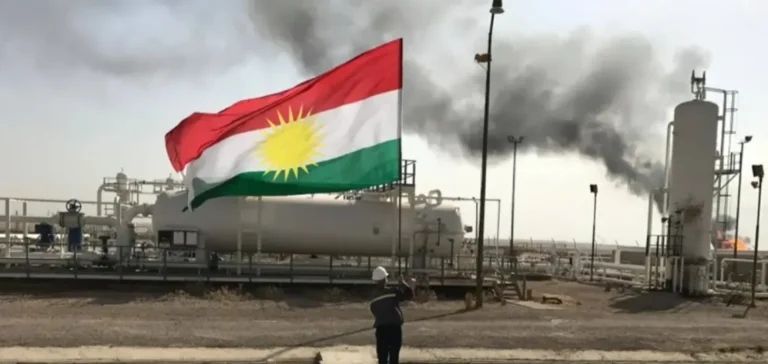Eight international oil companies operating in Iraq’s autonomous Kurdistan region have reached a preliminary agreement with the federal government in Baghdad and the Kurdish regional administration, enabling a near-term resumption of crude exports. The agreement, communicated by the companies involved, is expected to be implemented within days, pending final signatures from all parties.
Towards reactivation of 230,000 barrels per day
The agreement follows more than two years of suspended exports through the pipeline connecting northern Iraq to Turkey’s Ceyhan port. The shutdown, in effect since March 2023, halted around 230,000 barrels per day, significantly impacting both international operators’ revenue and the local authorities’ fiscal capacity.
Among the signatories are several major groups active in the region, with the notable exception of Norway-based DNO ASA and its UK partner Genel Energy, which have yet to endorse the agreement, according to a source with direct knowledge of the negotiations. Both companies have not responded to inquiries regarding their current stance.
Economic stakes for Baghdad and Erbil
Resuming exports carries substantial economic weight for both the federal government in Baghdad and the Kurdish administration in Erbil. The pipeline represents a critical route for Kurdish crude reaching international markets, particularly via the eastern Mediterranean. The prolonged suspension had escalated tensions between the two administrations and disrupted earnings for foreign operators active on the ground.
Restarting the flow could also help rebuild investor confidence in the Kurdistan region, after political and legal disputes stalled several energy projects since spring 2023. No exact timeline has been disclosed, but operators who have signed the deal anticipate a phased restart in the coming days.
Restart conditional on implementation
Implementation of the agreement remains subject to legal validation by both Iraqi and Kurdish authorities, and logistical coordination with Turkish pipeline operators. The terms also include financial and contractual commitments regarding outstanding payments and the management of volumes to be exported.
According to the companies involved, the agreement marks a step toward operational stability in a region long characterised by energy volatility. Sustained resumption will depend on technical cooperation among all parties and adherence to the contractual terms in the weeks ahead.






















